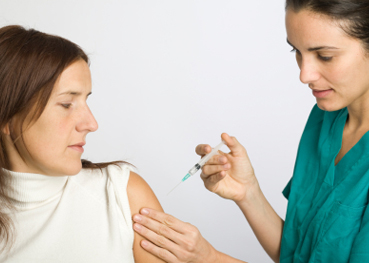
Two new surveys show many Americans remain reluctant about receiving COVID-19 vaccines, including a high number of women — who make up almost 90% of staff in the senior living and care workforce.
A Reuters/Ipsos poll conducted Dec. 2 to 8 found that American women are more wary than men of the new, rapidly developed COVID-19 vaccines. Reuters reported that 35% of women said they were “not very” or “not at all” interested in getting a vaccine, an increase of 9 points from a similar poll conducted in May, when vaccines still were being developed.
In an article accompanying the poll’s release Friday, Rupali Limaye, Ph.D., MPH, MA, director of behavioral and implementation science at Johns Hopkins Bloomberg School of Public Health, said that getting women to accept the vaccine will be critical for slowing the spread of the coronavirus “because mothers tend to be the ones who make doctor’s appointments and keep up with immunizations.”
Women also make up the bulk of the workforce in the long-term care industry, which will be among the first to receive vaccinations for workers. Some organizations, including Genesis Healthcare, have said they will not mandate that employees receive a vaccine at this point.
About 55% of women told Reuters/Ipsos they were “very” or “somewhat” interested in getting vaccinated. In the same poll, 68% of men said they would get vaccinated.
In another survey of 2,5000 adults conducted by McKinsey & Company, 45% said they want to wait to get the vaccine until it has been on the market for between three months and a year, or until they hear from trusted sources such as physicians about its safety in terms of side effects and other health consequences.
But Stat News reported a third would take a vaccine after emergency use is authorized, would participate in a trial, or would take a vaccine after trials are completed. Those people were likely to have had COVID-19 or a chronic condition, which has been shown to increase the risk of serious infection.
Those least likely to get a flu vaccine also are unlikely to get a flu shot, McKinsey noted, predicting overall COVID-19 vaccination rates will be lower than flu or pneumococcal rates among seniors.



